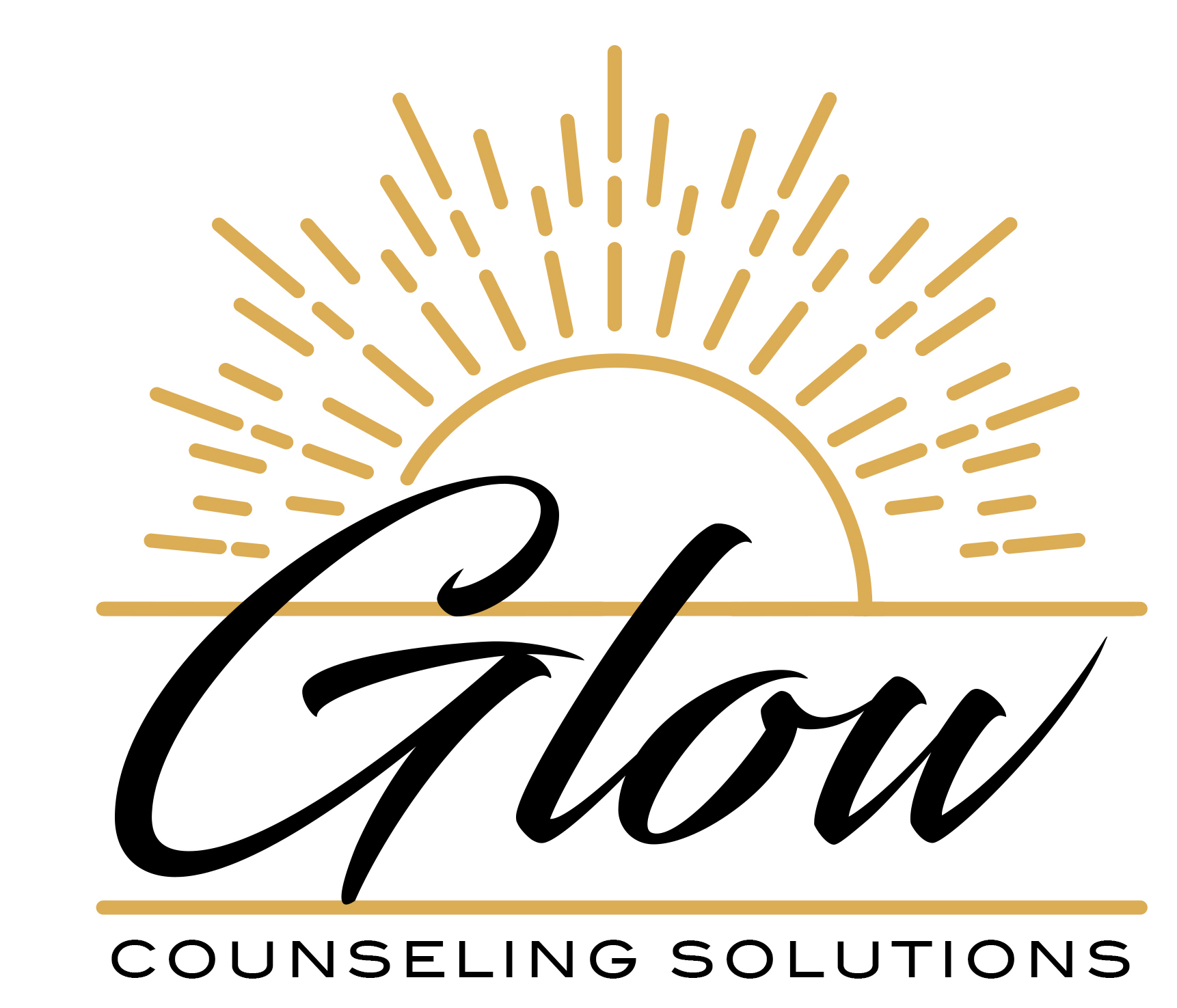Mental Health and Social Media

Social Media and Mental Health
Mental health and social media have become closely intertwined in our modern lives, influencing both positively and negatively. The relationship between the two is complex and ever-evolving, and understanding it requires taking a deep dive into how social media platforms impact our emotions, thoughts, and overall well-being. Social media has transformed how we interact with the world, offering new ways to stay connected, express ourselves, and consume information. However, it’s equally important to recognize the psychological challenges that come with it, especially in an age where online presence often feels as real as face-to-face interaction.
The Rise of Social Media
The growth of social media over the past two decades has been nothing short of revolutionary. What started with MySpace and early platforms like Friendster has evolved into the current giants we know today—Facebook, Instagram, Twitter, TikTok, Snapchat, and many others. These platforms have connected people globally, allowing for instantaneous communication, information sharing, and content creation. They’ve changed the way we form relationships, consume news, and engage with the world.
For many, social media has become an essential part of daily life. With over 4.7 billion social media users worldwide (as of 2023), it’s clear that these platforms are not only popular but have become embedded in how we experience daily life. However, while social media offers many benefits, it also brings significant mental health concerns that can affect individuals in profound ways.
The Positive Side of Social Media and Mental Health
Before delving into the negative aspects of social media’s impact on mental health, it’s important to acknowledge the positive effects these platforms can have on well-being. Like most things in life, social media is not inherently bad, but how it is used and the context in which it is experienced matter greatly.
1) Connecting with Others
One of the most powerful aspects of social media is its ability to connect people. Whether it’s staying in touch with family and friends across distances, reconnecting with old acquaintances, or forming new communities, social media breaks down geographical barriers. For people living in isolation, those with disabilities, or anyone facing mental health challenges, these platforms can provide a sense of belonging and support that might otherwise be hard to find. For example, support groups on Facebook, Reddit, or even smaller niche platforms give people an outlet to share experiences, discuss challenges, and receive encouragement from others who understand their situations.
2) Access to Mental Health Resources
In recent years, social media platforms have also become valuable resources for mental health education. Accounts and pages dedicated to mental health advocacy have played a key role in destigmatizing mental illness, providing coping strategies, and raising awareness. Influencers and mental health professionals share tips, motivational messages, and real-life stories, allowing individuals to learn and find solidarity.
3) Creative Expression
Platforms like Instagram, TikTok, and YouTube offer an outlet for people to creatively express themselves, whether through art, writing, dance, or other forms of self-expression. Engaging in creative activities has been shown to improve mental health by reducing stress and boosting self-esteem. For many people, sharing their creations online offers a sense of pride and accomplishment.
4) Learning and Personal Growth
Social media is also an effective tool for learning and personal development. Countless educational accounts, podcasts, and channels exist, providing people with a space to grow intellectually. Whether it’s learning about mindfulness practices, mental health strategies, or career development, social media has made education more accessible than ever before.
The Dark Side: Social Media and Mental Health Challenges
While social media has undeniable benefits, it also presents significant mental health challenges. These challenges often arise from how social media affects our sense of self-worth, comparison, and emotional well-being.
1) The Impact of Social Comparison
One of the most well-documented ways social media can affect mental health is through social comparison. As users scroll through their feeds, they are often bombarded with images of other people’s seemingly perfect lives. Whether it’s a friend’s vacation photos, someone’s perfect body, or a celebrity’s glamorous lifestyle, it can be easy to feel inadequate. Psychologists refer to this as “upward social comparison,” where we compare ourselves to others who we perceive as better off, more attractive, or more successful.
These comparisons can lead to feelings of inadequacy, low self-esteem, and even depression. For teenagers and young adults, who are still forming their self-identity, the pressure to meet unrealistic standards can be particularly damaging.
2) FOMO (Fear of Missing Out)
Another negative aspect of social media is the phenomenon known as FOMO (Fear of Missing Out). Social media platforms, with their constant updates and streams of new events, parties, and social gatherings, can make users feel like they are missing out on experiences or friendships. This feeling of being left behind can cause anxiety, loneliness, and depression, as individuals may feel disconnected or as if they are not living up to the social standards set by their peers.
3) Cyberbullying and Online Harassment
Cyberbullying is another serious mental health issue linked to social media. The anonymity of the internet can embolden individuals to engage in harmful behavior that they might not do in person. Harassment, name-calling, trolling, and shaming are prevalent on platforms like Instagram, Twitter, and Facebook. The emotional toll of being bullied online can lead to depression, anxiety, and a diminished sense of self-worth. For young people, cyberbullying can have particularly long-lasting effects on their mental health, with some even reporting thoughts of self-harm or suicide as a result of online harassment.
4) Addiction and Overuse
Excessive use of social media can lead to addiction, a growing concern for mental health. Social media platforms are designed to be engaging, using algorithms that keep users hooked by showing them content tailored to their preferences. This “addictive” nature can lead individuals to spend hours scrolling through feeds, often at the expense of sleep, face-to-face interactions, or physical activity. Prolonged use of social media has been linked to poor mental health outcomes such as increased levels of anxiety, depression, and even addiction-like behaviors.
Research has shown that the more time people spend on social media, the more likely they are to experience feelings of loneliness, envy, and dissatisfaction. The constant need for validation through likes, comments, and shares can lead to a dependency on external approval, leaving users vulnerable to emotional swings when their posts don’t receive the desired attention.
5) Sleep Disruption
The use of social media, particularly late at night, has also been linked to poor sleep quality. The blue light emitted by screens can interfere with the production of melatonin, a hormone that regulates sleep. Many users report staying up late scrolling through their feeds, which disrupts their sleep schedule and leads to fatigue. Lack of sleep, in turn, can exacerbate mental health issues such as anxiety and depression.
6) Echo Chambers and Misinformation
Social media can also create echo chambers, where users are only exposed to information that aligns with their pre-existing beliefs. This lack of exposure to diverse perspectives can lead to polarization, stress, and confusion. Moreover, the spread of misinformation and harmful content can cause unnecessary worry, anxiety, and fear. Particularly with mental health, misleading or inaccurate content can lead individuals to believe in myths, harmful practices, or unrealistic treatments, making them vulnerable to poor decisions regarding their well-being.
Coping Strategies for Managing Mental Health on Social Media
Given the dual nature of social media’s impact on mental health, it’s crucial to develop strategies for maintaining a healthy balance. Here are some ways to manage the emotional challenges that come with social media use:
1) Set Boundaries
One of the most effective ways to protect your mental health from the negative effects of social media is by setting clear boundaries. This might involve limiting the amount of time spent on social platforms each day or choosing certain times (like before bed) to unplug entirely. Many apps now have features that allow users to set time limits on social media use, which can help prevent overuse.
2) Practice Mindfulness
Mindfulness practices can help individuals become more aware of their emotional responses to social media. If you notice feelings of jealousy, anxiety, or sadness arising after scrolling, take a moment to pause and reflect on what’s going on emotionally. Mindfulness can help you acknowledge these feelings without allowing them to dictate your mood or behavior.
3) Curate Your Feed
Another key strategy is to curate your social media feed to follow accounts that uplift you and align with your values. Follow accounts that share positive content, inspirational messages, and mental health resources. Unfollow or mute accounts that make you feel bad about yourself or contribute to your anxiety.
4) Seek Professional Help
If social media use is significantly affecting your mental health, it may be time to seek professional help. Therapists and counselors can provide strategies for coping with social media-related anxiety, depression, or low self-esteem. Cognitive-behavioral therapy (CBT), for example, is often used to help individuals reframe negative thoughts and behaviors linked to social media use.
Conclusion
The relationship between mental health and social media is undoubtedly complicated. On one hand, social media can provide valuable connections, support, and creative outlets. On the other hand, it can also foster anxiety, depression, and unhealthy comparisons. The key to navigating social media in a way that supports mental health lies in finding balance. By setting boundaries, practicing mindfulness, and curating your social media experience, it’s possible to protect your mental health while still enjoying the benefits these platforms offer.
As we continue to navigate this digital age, it’s important to remember that social media is a tool—how we use it ultimately determines its impact on our well-being. By staying aware of the psychological effects and taking proactive steps to mitigate harm, we can better manage our mental health in an increasingly connected

